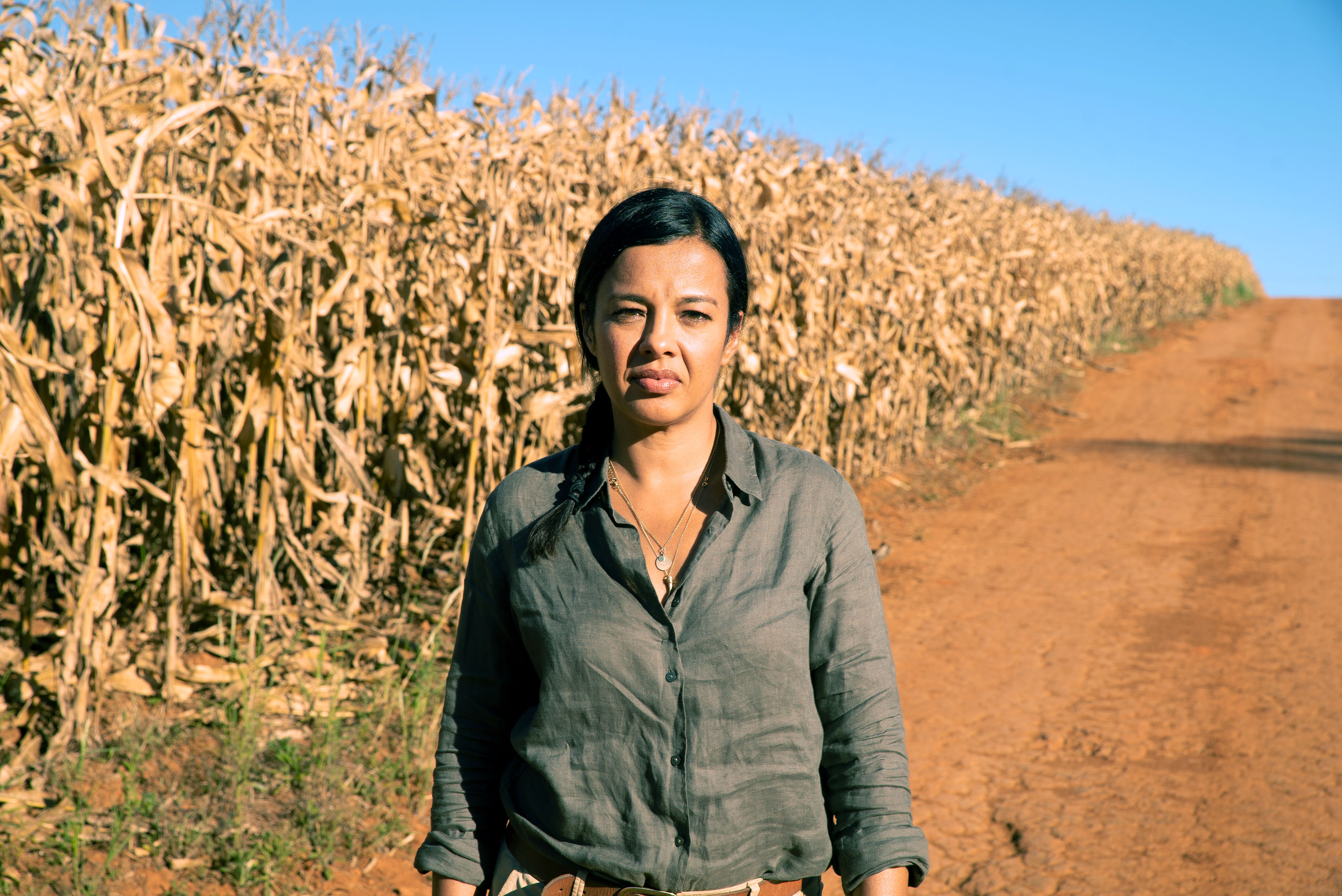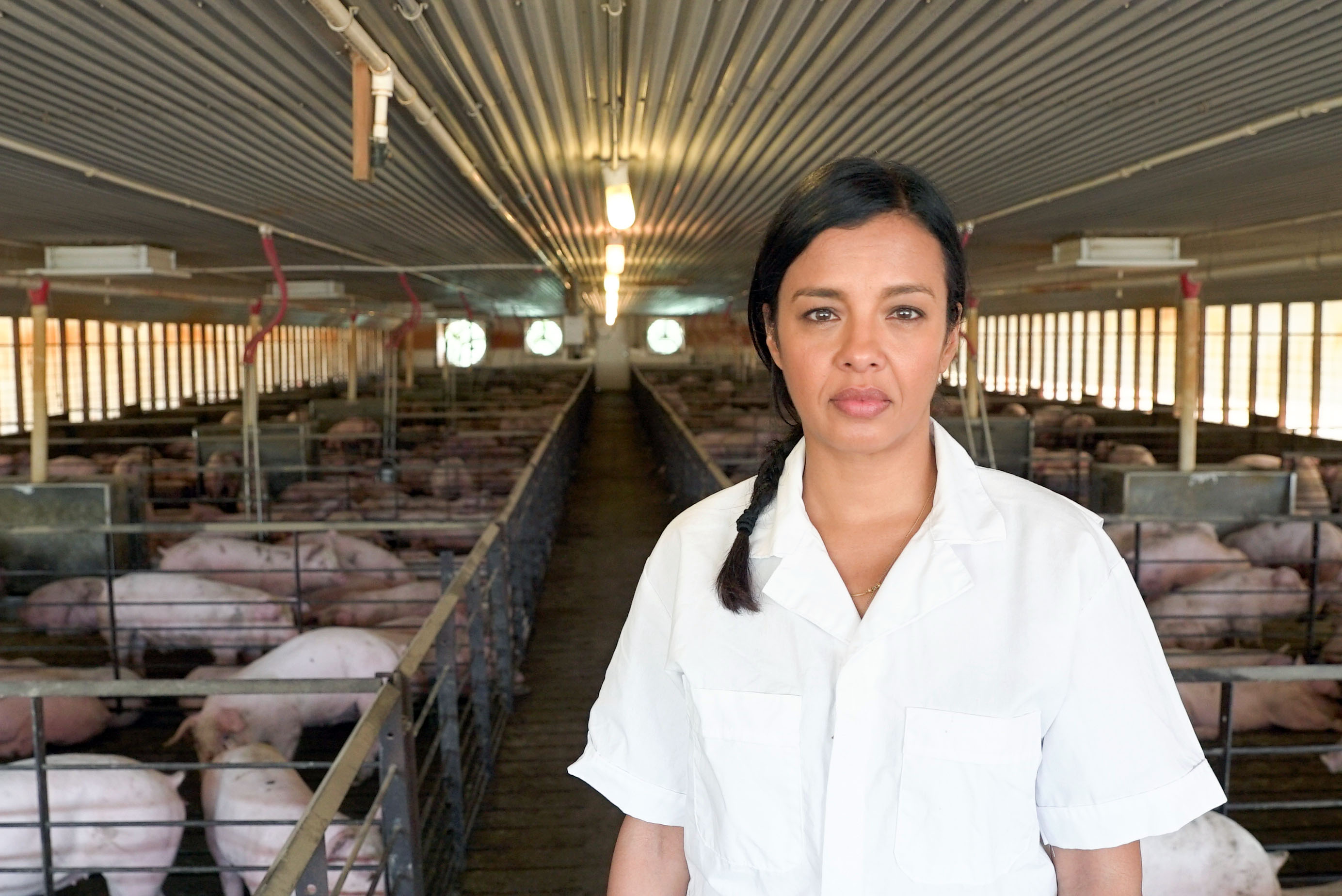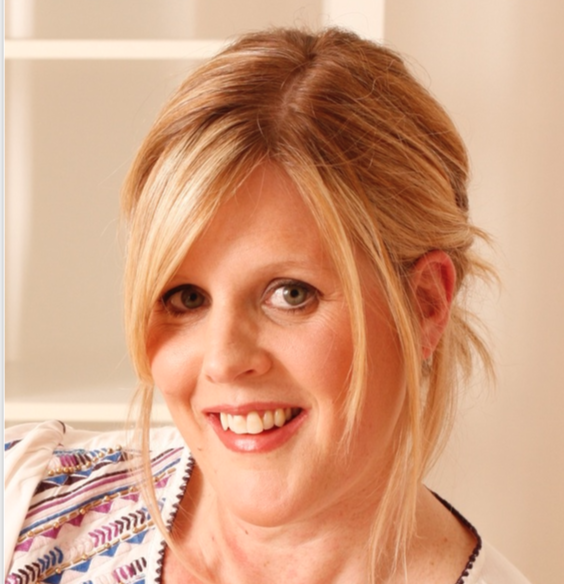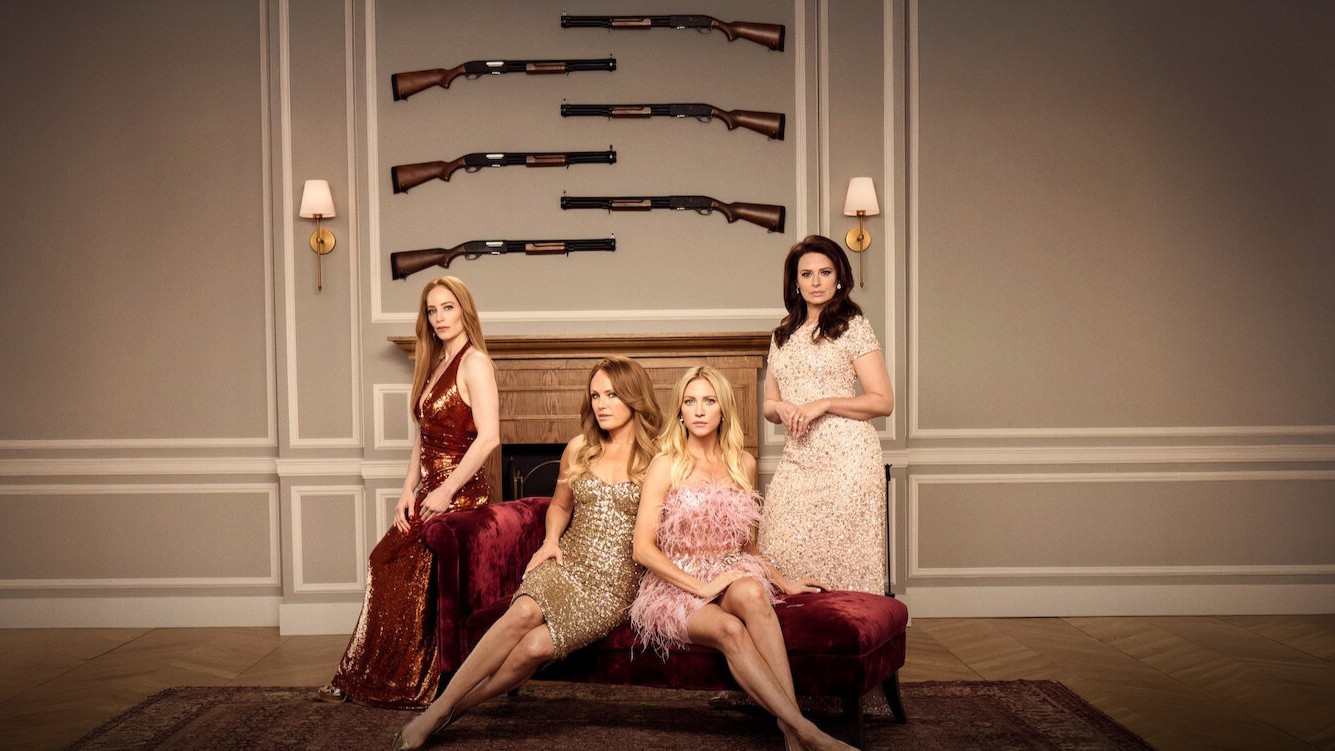Liz Bonnin calls on us all to eat less meat to help save planet after making shock new documentary

Presenter and animal biologist, Liz Bonnin, explores the devastating effect our meat eating habits are having on our planet…
Across the planet we consume a staggering 65 billion animals a year. In a powerful new BBC1 documentary, Meat: A Threat to Our Planet, presenter and animal biologist Liz Bonnin investigates the effects our meat consumption is having on the planet and why it’s now one of the biggest threats to our environment.
Q and A with Liz Bonnin
How much meat are we eating and what is this doing to our planet?
Liz Bonnin: "In the last 50 years the global cattle population has increased by 400 million, the number of pigs has doubled and the number of chickens has increased five-fold, and all to keep up with our meat-eating demands. This is having a devastating effect on our ecosystems as more and more land is being used for meat production, intensive farming is polluting our rivers with animal waste and the ever increasing number of livestock is contributing to global warming."

What shocked you most when making this documentary?
LB: "Seeing the destruction of the Amazon rainforest first hand and fully realising just what a huge impact it is having. I thought I already knew a lot about the role the Amazon’s ecosystems played but I had totally underestimated it. The rainforest is the lungs of our planet, it’s a carbon store, it’s invaluable and we’re just trampling all over it because we want to eat a burger. That was by far the most difficult thing for me to film and very upsetting."
How has the demand for meat affected farming practices?
The latest updates, reviews and unmissable series to watch and more!
LB: "More animals are being farmed intensively. In the documentary I visit a ‘feedyard’ in the US where beef is mass- produced. It was the size of 250 football pitches and I met the boss who owns ten feedyards in total, each one taking in 50,000 cattle every six months. That's what demand is doing! It was staggering to see."
How much meat should we be eating to help the environment?
LB: "There are 4.7 billion of us on the planet. If we all reduced our meat intake to two portions a week the benefit to the environment would be huge. The meat industry currently produces more greenhouse gas emissions that warm our planet than ALL our global transport put together. In the course of a year the methane gas produced by a single cow heats the planet as much as burning around 600 litres of petrol."
WHAT IS ON TONIGHT? Check out our NEW and improved TV Guide
Did making this change your own eating habits?
LB: "It did. I was already eating very little meat and was conscious of buying organic, grass-fed meat, but now I’ve stopped eating red meat altogether and I can see myself getting into complete vegetarianism pretty soon. Going to an intensive pig farm and seeing all those pigs in the barn, that did it for me. I have just lost the taste for meat."
Will we be eating man-made meat in the future?
LB: "The environmental impact of lab-grown meat is still uncertain. I visit a factory in San Francisco where they are growing meat from animal stem cells. The guys there gave me a lab-grown chicken nugget to try and although it tasted exactly the same as real chicken I personally would rather we looked at solutions that work WITH nature rather than against nature."
What do you hope viewers take from the programme?
LB: "I want people to understand just how interconnected everything is and the true impact meat production has on the planet. We see wrapped portions of meat on a super-market shelf and we don’t think about what it takes to put it there. My job is to present the facts and the scientific research, after that, it’s up to each individual to decide, ‘Am I going to take responsibility for this paradise that I live on. Am I going to step up and do something differently to make sure my children and my grand-children have a future like I did?"
Does the campaigning of the younger generation give you hope?
LB: "I am totally inspired by what they’re doing and Greta Thunberg is a hero of mine but it shouldn’t be on our younger generation to be fighting for this. Children are genuinely scared about the future of their planet. Shame on us! What have we done and what are we doing? It’s up to us to wake up and sort ourselves out. Eating less meat is something we can all do to help make a difference."
Meat: A Threat To Our Planet, presented by Liz Bonnin, is on Monday 25 Nov, 9pm, BBC1

Tess is a senior writer for What’s On TV, TV Times, TV & Satellite and WhattoWatch.com She's been writing about TV for over 25 years and worked on some of the UK’s biggest and best-selling publications including the Daily Mirror where she was assistant editor on the weekend TV magazine, The Look, and Closer magazine where she was TV editor. She has freelanced for a whole range of websites and publications including We Love TV, The Sun’s TV Mag, Woman, Woman’s Own, Fabulous, Good Living, Prima and Woman and Home.

